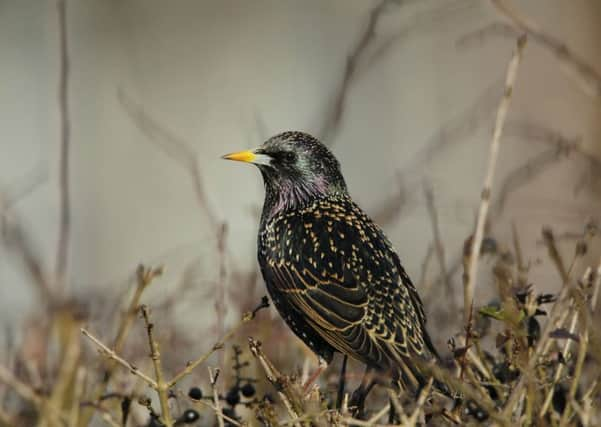Avian flu found in wild birds in Dorset


UFU deputy president Victor Chestnutt is strongly recommending that all poultry keepers, including backyard keepers, review their biosecurity measures and business continuity plans now, as the risk level may well increase in the coming weeks.
“Producers should familiarise themselves with DAERA’s guidance on good biosecurity and if you have any suspicion of disease within your flock you should contact your vet or the local DVO immediately,” he added.
Advertisement
Advertisement
The strain is closely related to the H5N6 strain that has been circulating in Europe in recent months. This is different to the strains that were affecting people in China last year and Public Health England have advised that the risk to public health is very low. The Food Standards Agency has said that it does not pose a food safety risk for consumers.
“I would encourage producers to practise good farm hygiene and keep birds’ food and water in enclosed areas separate from wild birds wherever possible. Poultry keepers can also sign up to the Avian influenza text alert service to receive immediate notifications of a disease outbreak,” added Mr Chestnutt.
To subscribe text BIRDS to 67300. The UFU continue to monitor the situation closely.
UK Chief Veterinary Officer, Nigel Gibbens, said: “This is the first time avian flu has been identified in the UK this winter and while the disease does not represent a threat to the public, it is highly infectious and deadly to birds.
Advertisement
Advertisement
“As the virus has been circulating across Europe, this finding has not come as a surprise. But it is vital that anyone who keeps birds – whether a few in a back garden or thousands on a farm – is vigilant for any signs of disease, reports suspect disease to APHA and maintains good biosecurity to reduce the risk of their birds becoming infected.”
While there is no legislative requirement to put restrictions in place when this strain of virus is found in wild birds, the Chief Veterinary Officer has confirmed local measures will be introduced to help manage the potential threat.
A local ‘avian influenza prevention zone’ will be introduced in the area of Dorset where the diseased birds were found. This means it will be mandatory for all captive bird keepers to put enhanced biosecurity measures in place such as feeding and watering birds indoors to minimise mixing with wild birds, minimising movement in and out of bird enclosures, cleaning and disinfecting footwear and keeping areas where birds live clean and tidy. This will be in place until further notice and will be kept under regular review as part of the work to monitor the threat of bird flu.
There are no plans to carry out any culls or put movement restrictions in place.
Advertisement
Advertisement
The risk to domestic poultry nationally remains low, however good biosecurity is essential and bird keepers across the country are reminded to follow biosecurity advice on gov.uk which includes specific advice for keepers of backyard flocks.
Trade should not be affected following the findings in wild birds, according to the rules of the World Animal Health Organisation (OIE).
Ulster Unionist MEP, Jim Nicholson has also urged bird keepers to remain vigilant.
Mr Nicholson said: “I would urge those who keep birds, whether that is a commercial flock or a few selective captive birds, to remain vigilant and alert to the signs of Avian bird influenza.
Advertisement
Advertisement
“Whilst the discovery was in the South of England, those who keep birds in Northern Ireland must remain wary because of the highly infectious and deadly nature the strain poses to birds.
“Whilst this strain is not the deadly H5N8 which is real threat to humans, the recent strain which was discovered does pose a major threat to other birds, and needs to be treated seriously. As such, flock keepers need to keep watch for signs of disease, report any sick birds to DAERA immediately and reassess and review, if required, their biosecurity measures,” Mr Nicholson added.